What happens when students and professionals learn together? CBS and Station aim to find out
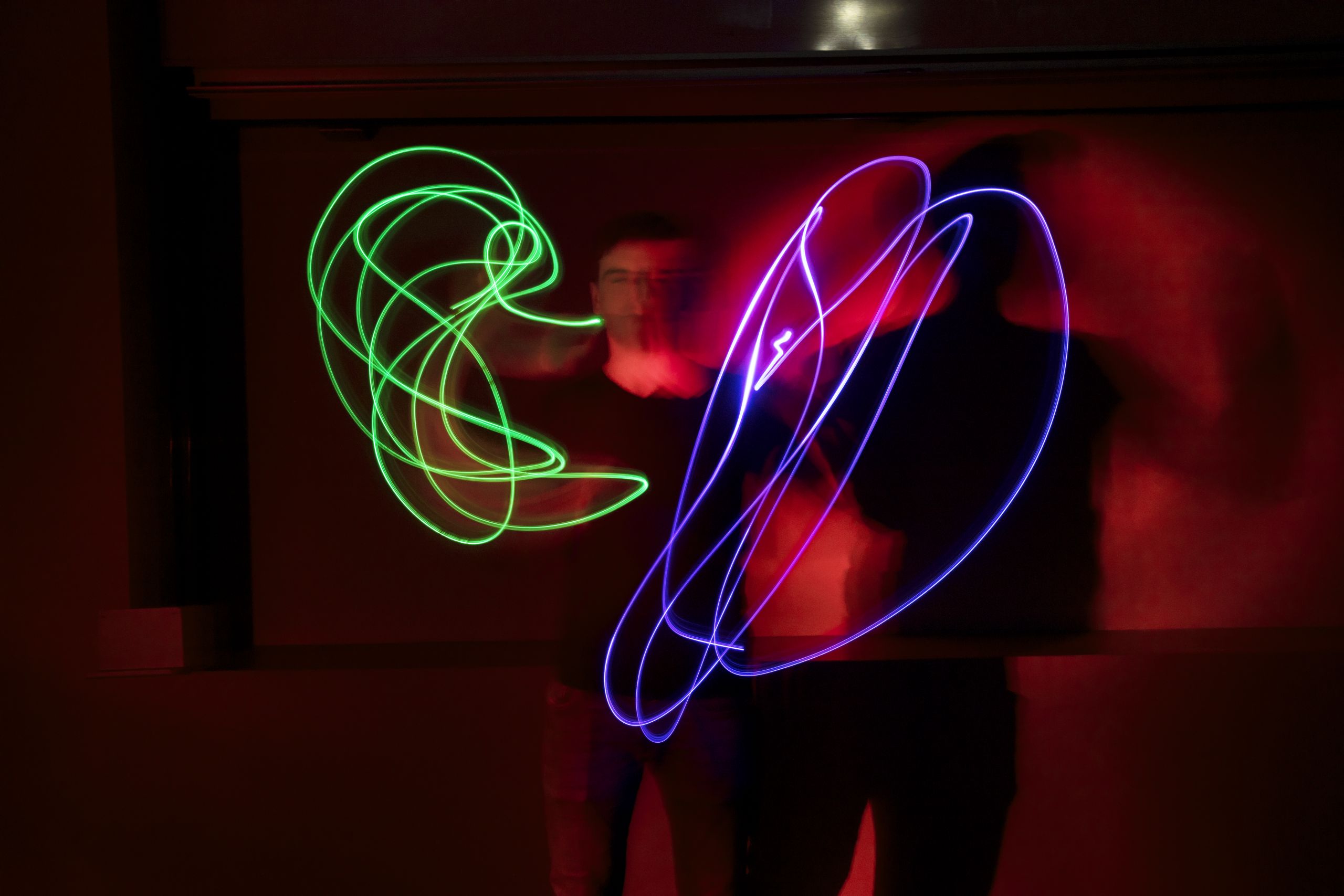
(Photo: Lisbeth Holten)
A shared pilot project between CBS Kontinuum and Station is investigating what happens when students and professionals join forces in a classroom to learn about so-called “wicked problems”. The aim is to develop new learning formats to support lifelong learning, explains the project leader and CBS’ Associate Dean for Lifelong Learning.
Right now, Station is hosting an experiment. Over the course of three sessions, a class that mixes professionals with students from different Danish universities is meeting to learn about artificial intelligence.
“What we are trying to do here is practice learning across generations and create a so-called intergenerational course. Our ambition is to create a format where students and alumni can meet and learn about a topic of relevance for both,” explains Leonore Lee Krarup Belling.
She is the project leader of the new pilot project on life-long learning, which is a collaboration between CBS’ life-long learning platform, CBS Kontinuum, and the student and innovation house Station.
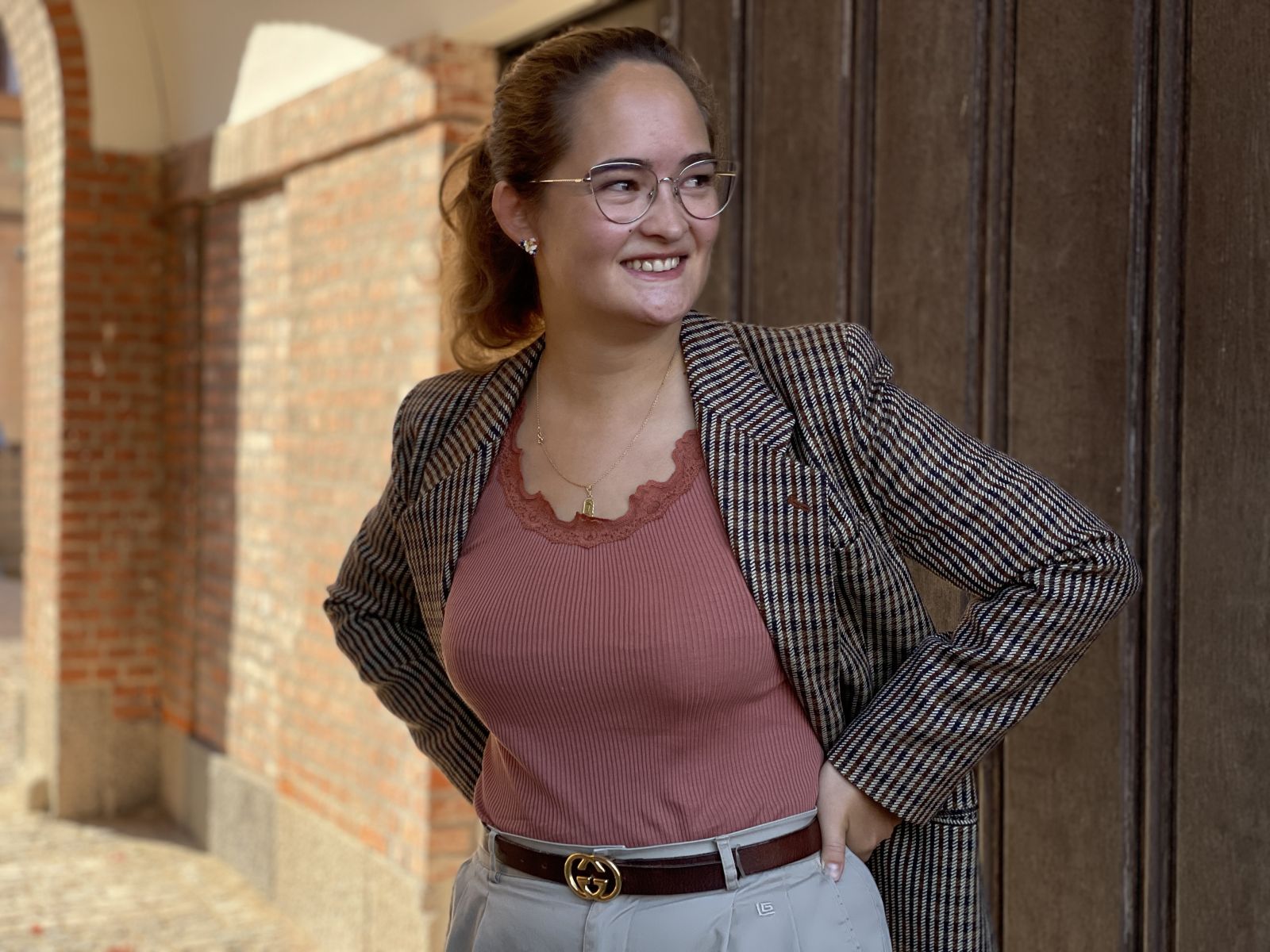
The pilot project consists of three sessions where students and post-graduates meet to learn about and discuss the implications and future use of artificial intelligence.
“We work with intergenerational problems. Problems that span generations and are, at their core, unsolvable in the near future. So-called wicked problems. Those types of problems are pedagogically interesting to work with, as no one holds a solution,” says Rasmus Johnsen, Associate Dean for Lifelong Learning and co-project leader, adding:
“This means that when we mix students and post-graduates, no one owns the problem. You can participate in the discussion whether you are bachelor’s student or a manager at Novo Nordisk.”
For the pilot project, 11 students from various Danish universities and 9 post graduates with 7+ years of work experience are in the class together to learn about the what, where and how of artificial intelligence (AI), AI and privilege, and the deliberation of AI.
“It’s easy to just put the students and professionals together in the same room, but how can we facilitate the meeting between the two groups where they not only learn with, but also from each other? We hope to gain a sense of how students’ and professionals’ particular strengths can be enhanced to complement each other in learning,” says Leonore Lee Krarup Belling and continues:
“It’s interesting how, and especially what, kind of learning points can be sparked by a discussion between people of different ages compared with a discussion between people of the same age. That’s what we are investigating through the pilot.”
New learning formats
The pilot project is part of CBS Kontinuum, a platform that aims to develop and deliver alternative learning formats to support lifelong learning.
“Often, lifelong learning is simply a synonym for further training or in-service training, but lifelong learning should be so much more. We want our alumni to bounce back to CBS whenever it’s relevant. Therefore, we need to create ‘meeting places’ at the interface between CBS and society at large. Meetings between researchers, practitioners, students, public and private representatives. But we need to figure out how to best facilitate those meetings, and that’s what we are experimenting with here,” says Rasmus Johnsen.
So far, the pilot class has participated in one session, which was followed by a dinner. Leonore Lee Krarup Belling explains that during the dinner, she overheard a conversation about an unanticipated question concerning what it means to learn.
“It was clear that the students are privileged when it comes to learning. They are practicing learning something new almost every day, whereas it can be more difficult to learn something new when, as a professional, you deal more with what needs to be done right now. This also involves who traditional education accommodates. At least the premise is different,” she says and resumes:
“A manager from Novo Nordisk said that he saw learning as something he’d do more during isolated periods for fun or self-interest in his spare time, whereas an author said that learning was a big part of her as a person and that she had to keep learning something new in order to write her books. It’s interesting to consider how the difference in people’s understanding of learning might affect the motivation for returning to education and how people may experience it differently.”
Creating a common language
According to Leonore Lee Krarup Belling, the professionals on the course have said that they miss learning, and they miss learning not for the sake of others or something that is required for them to manage their jobs, but for the sake of learning and pure curiosity as an end in itself.
“In the feedback after the first session, they wrote that they are here for the discussions with people of different ages and industries. They want to get various inputs on how AI can shape the future, which can qualify their reflections about how it may affect them and their jobs in the future. It gives them a feeling of knowing what’s ahead and that they are both allowed and able to have a say in how AI is developed and should impact on us, despite not being well-versed in computer science,” says Leonore Lee Krarup Belling.
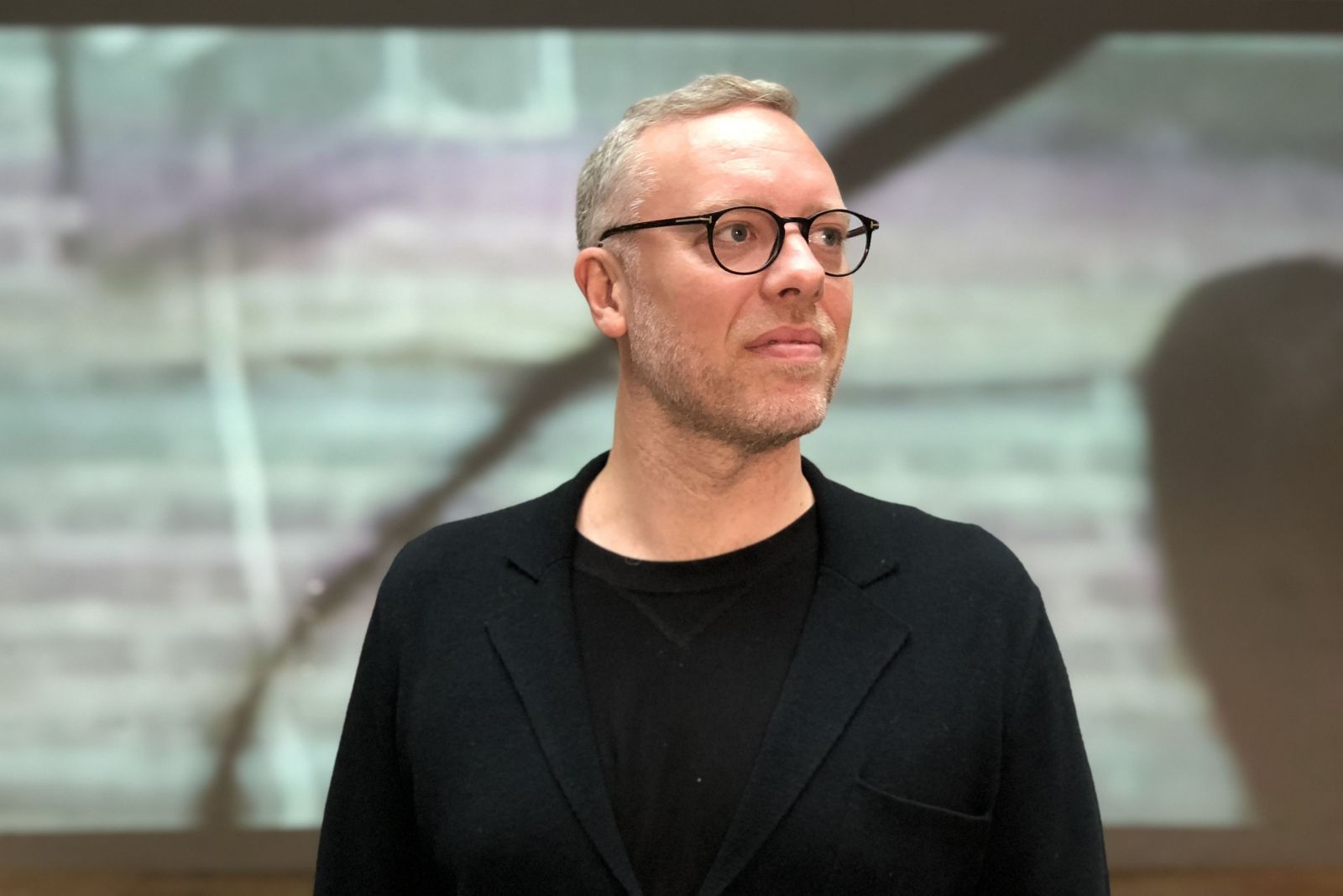
Rasmus Johnsen points out that when students and professionals meet across generations, it opens a window to new perspectives on current challenges and discussions.
“If you are in your 40s or older, you don’t often get the chance to sit down with younger generations and discuss for example, climate or #MeToo. You don’t necessarily understand the urgency expressed by the younger generations concerning these topics. And therefore, there’s a risk of talking past each other. We need a common language to talk about these wicked problems,” he says.
On the other hand, the students get to meet potential future employers, explains Rasmus Johnsen.
“There’s something attractive about working together with future employers and getting to put your knowledge into practice and understand how businesses think and talk about various challenges. That gives the students an idea of how they can put their skills to use,” he says.
A choo-choo academy
At the beginning of November, when the pilot project has finished, the team will meet to decide how to proceed with developing a scalable format to be integrated into CBS’ education portfolio. Potentially with the possibility of earning ECTS points.
“I’m sure that we will have more questions than answers when the pilot ends. But that’s a good, thing. Then we can hopefully avoid a scenario where we end up recreating a traditional classroom that we have just spiced up with some diversity and then renamed,” says Leonore Lee Krarup Belling and adds:
“We want to consider the present and future interests, needs and capabilities of students and professionals when we develop and experiment with the format”.
Rasmus Johnsen is already dreaming of developing a format together with the student organizations that can turn into an elective – or “a choo-choo academy”, as he calls it, in reference to the vocabulary used by Station.
“I’m dreaming of making an elective with a mix of 15 to 20 people from across studies and universities, with professionals participating in various learning activities and visits to companies of relevance to the topic. It should be a learning experience more than a learning objective that you pay for with your engagement and curiosity. A journey through a landscape of intergenerational learning with physical stops at various organizations and businesses. I would really like to see that come to life,” he says.



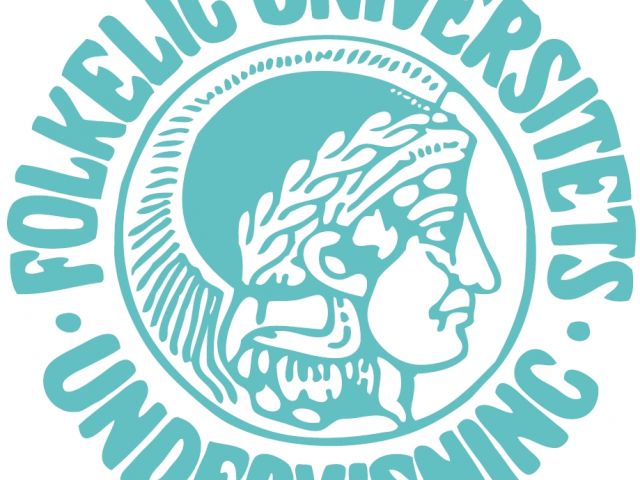
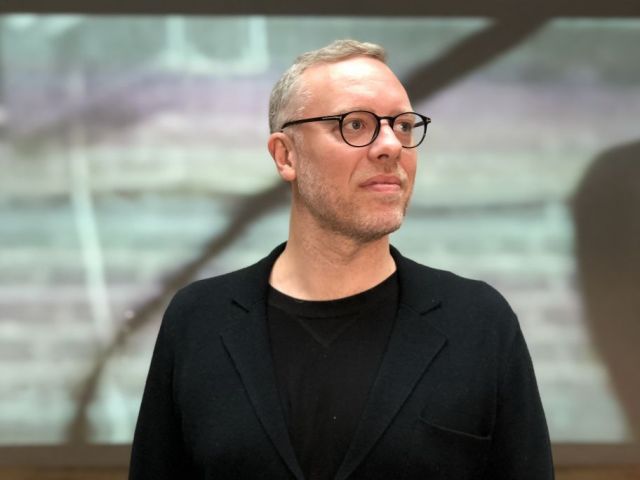

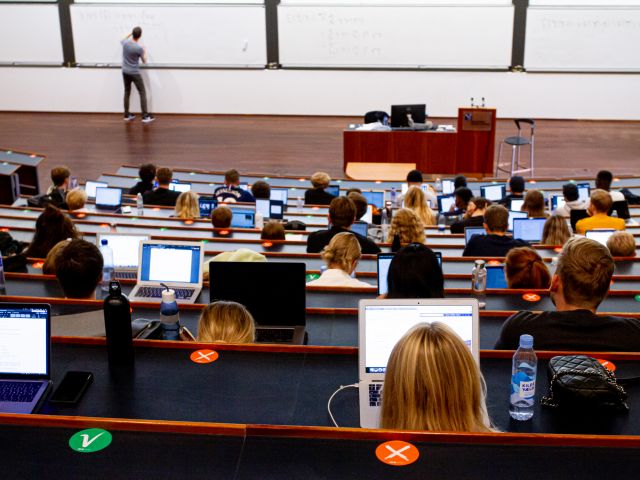
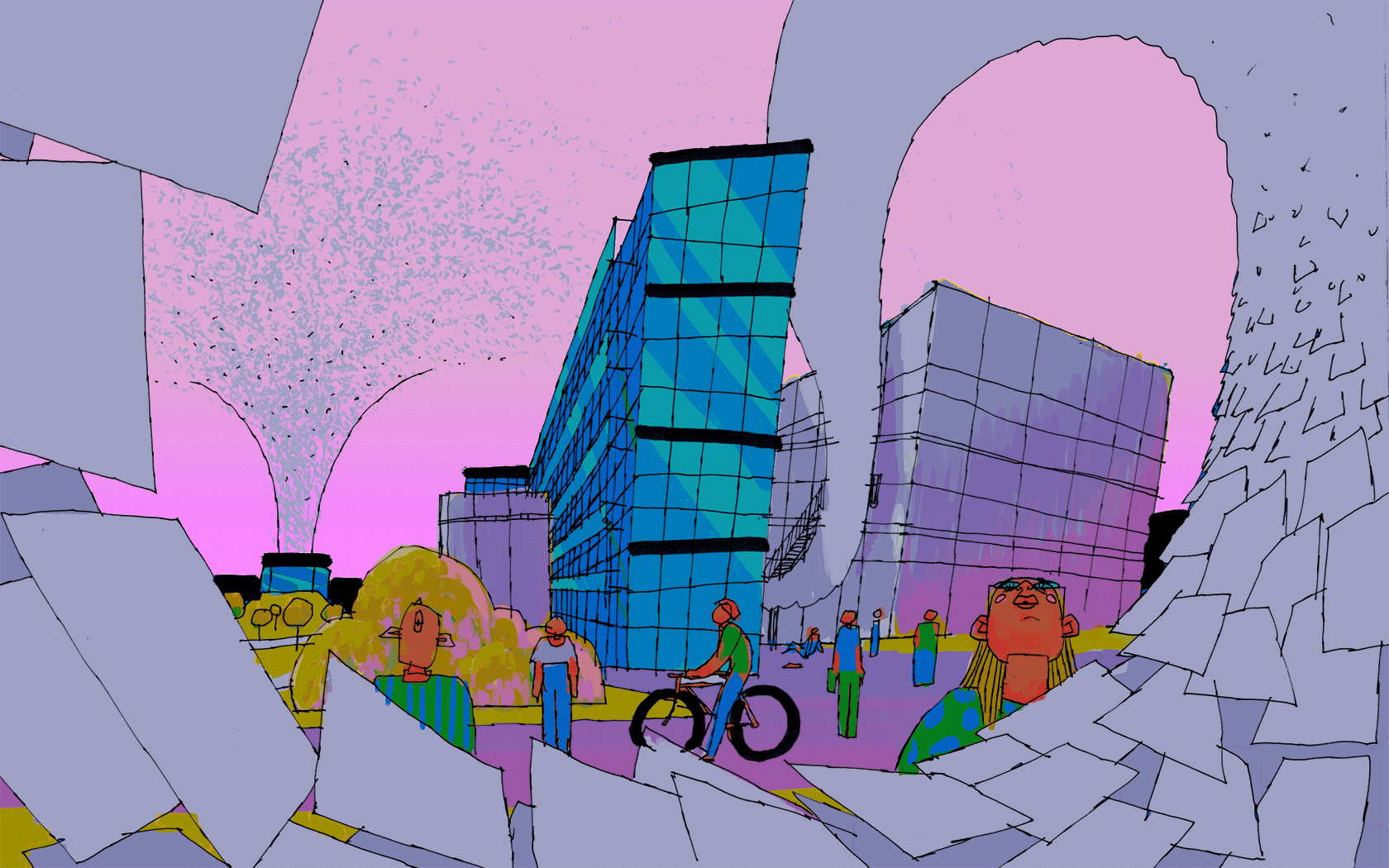
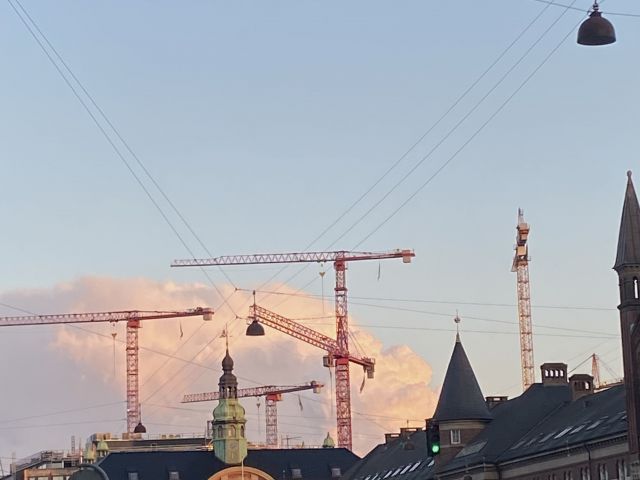
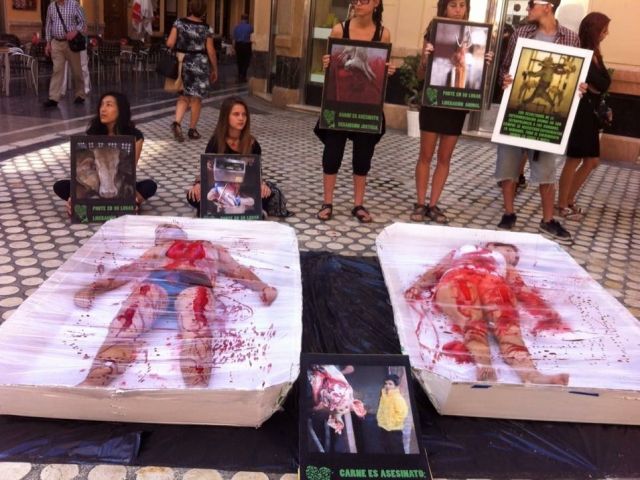




























































































































Comments